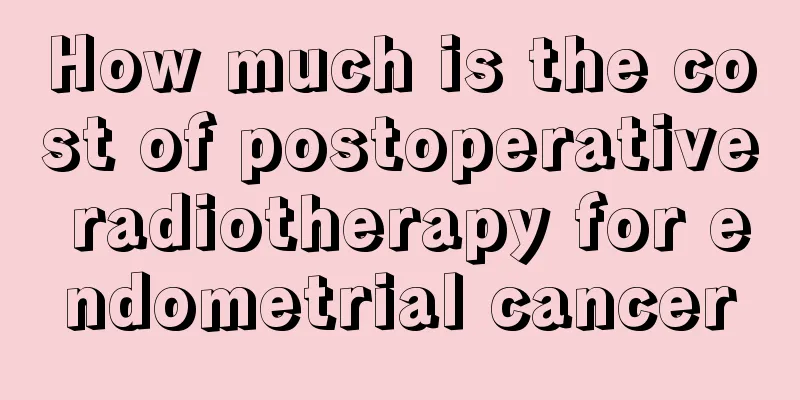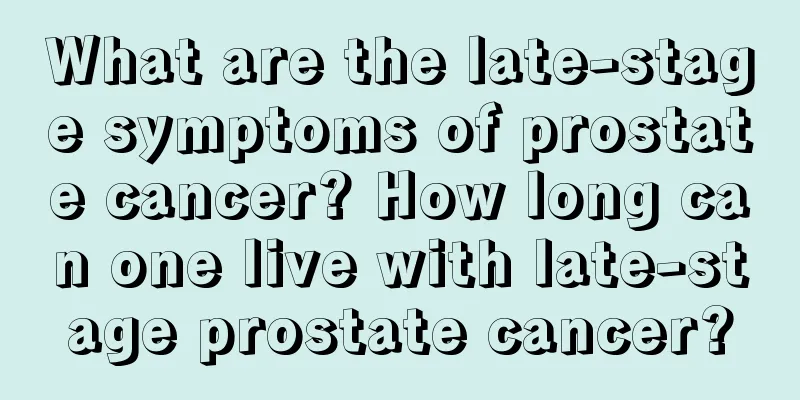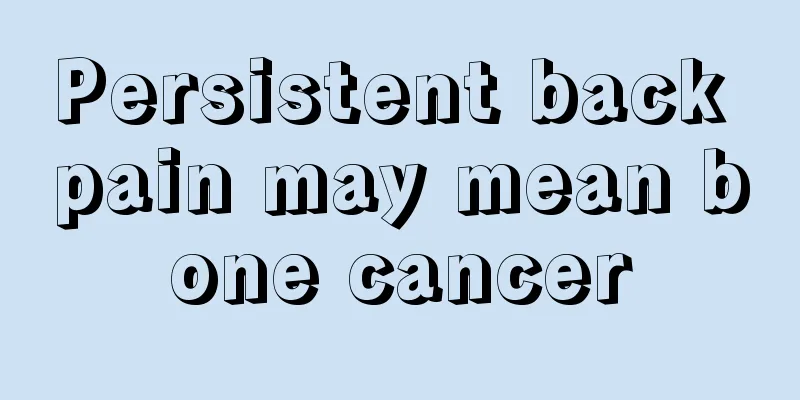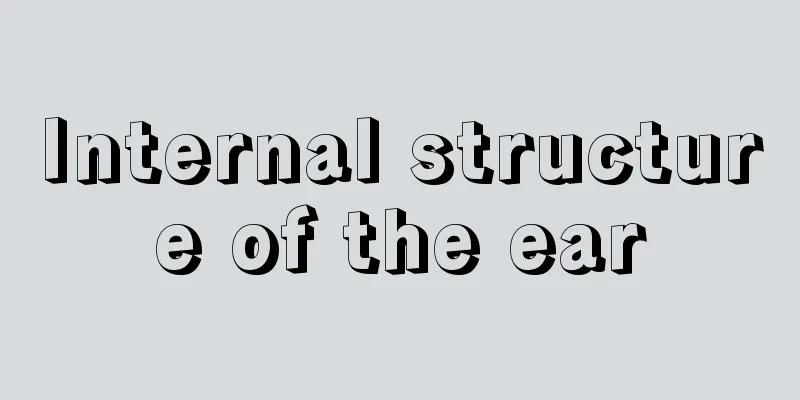Is chemotherapy for rectal cancer painful?
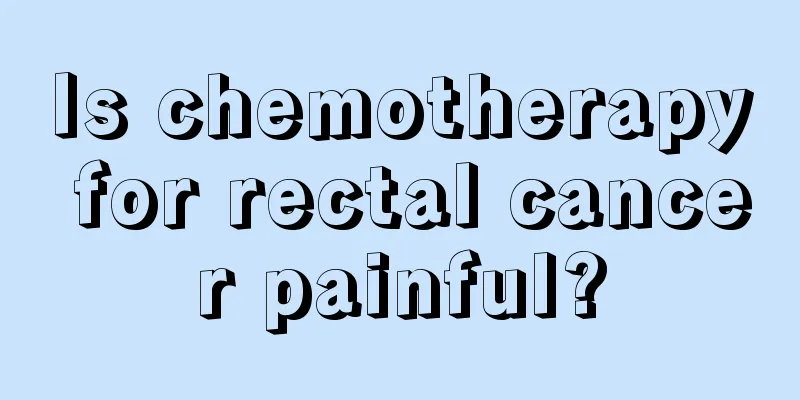
|
Is chemotherapy for rectal cancer painful? The cause of rectal cancer is not very clear, and its onset is related to social environment, eating habits, genetic factors, etc. Rectal polyps are also a high-risk factor for rectal cancer. At present, excessive intake of animal fat and protein and insufficient intake of dietary fiber are high-risk factors for rectal cancer. Rectal cancer has the following symptoms. When rectal cancer grows to a certain extent, bowel habits will change, such as bloody stools, bloody stools, urgency, constipation, diarrhea, etc. The stool gradually becomes thinner, and in the late stage there is defecation obstruction, weight loss and even cachexia. When the tumor invades the surrounding organs such as the bladder, urethra, and vagina, symptoms of urinary tract irritation, feces flowing out of the vagina, pain in the sacrum and perineum, and lower limb edema will occur. Chemotherapy is divided into the following categories: First, radical chemotherapy. Some cancers that are sensitive to chemotherapy drugs, such as leukemia and lymphoma, choriocarcinoma and germ cell malignancies, can be cured by simple chemotherapy. This type of chemotherapy aimed at curing cancer is called radical chemotherapy. Second, palliative chemotherapy, when most advanced cancer cells have been widely metastasized, the current level of technology can no longer cure them. The main purpose of chemotherapy is to control the development of cancer, prolong the patient's life, or improve the patient's quality of life through chemotherapy. This type of chemotherapy is called palliative chemotherapy. Third, postoperative adjuvant chemotherapy. Although the tumor has been removed, potential metastasis that cannot be detected clinically may have occurred, or a small number of cancer cells may fall off around the surgical wound. Chemotherapy is used to kill these residual cancer cells to prevent cancer recurrence and metastasis. Chemotherapy is a chemical drug treatment, a method of controlling tumors with drugs. Rectal cancer chemotherapy is very painful because the side effects of chemotherapy on patients are very painful. Common side effects, such as nausea, vomiting, loss of appetite, abdominal pain, diarrhea, constipation, etc., often make patients physically and mentally tired and painful. Some patients are forced to stop chemotherapy, affecting the treatment effect. |
<<: Where is nasopharyngeal cancer most likely to occur and how to prevent it
>>: Do patients with nasopharyngeal cancer often have a runny nose? Is it contagious?
Recommend
Can laryngeal cancer cause ear pain?
At the same time as ear pain, laryngeal cancer pa...
Is it good to wash your face with salt water frequently? Pay attention to the number of times
Many people like to add salt when washing their f...
What are the dangers of breast cancer
The specific hazards of breast cancer are as foll...
What does atypical glandular cells mean
Atypical glandular cells are a type of cell that ...
Do patients with endometrial cancer need reexamination after treatment?
1. First of all, if the treatment of early endome...
How to treat early lung cancer after surgery? It is recommended to treat early lung cancer after surgery
Early stage diseases are much easier to treat tha...
How to make cute buns
People who have children at home should know that...
What is the most effective way to prevent liver cancer? 4 good ways to actively prevent liver cancer
Liver cancer is one of the most common malignant ...
Normal people's sleep time
The amount of sleep a person needs at each stage ...
Is it okay to rub your body with wine when you have a fever?
With the change of seasons, some seasonal influen...
What causes filiform warts? This is the correct way to care for them
Filiform warts are a type of wart disease caused ...
Symptoms of opening up the Ren and Du meridians
I believe that anyone who has read martial arts n...
Can I get pregnant a few days after my period?
Many young people have sex during their menstrual...
How long does it take for scabs to form after semi-permanent eyebrow tattoo
When a wound occurs on the human skin, scabs will...
I feel weak after waking up from a nap
Some people are full of energy when they wake up ...

